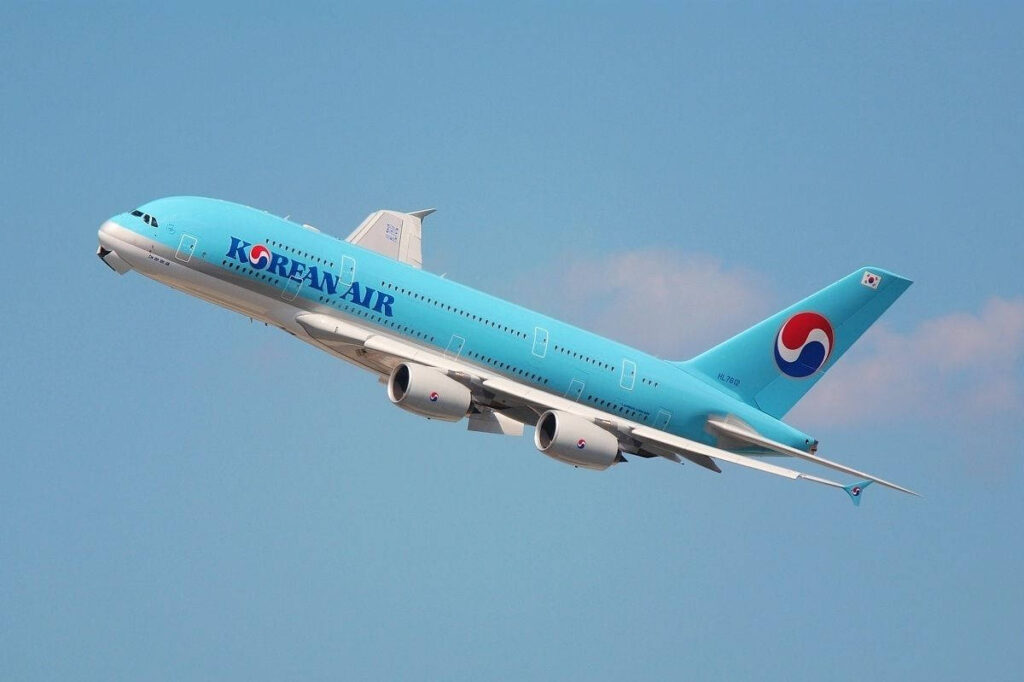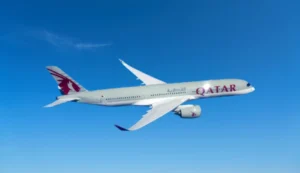Korean Air Flight’s Rapid Descent Hospitalizes 13
Thirteen passengers were hospitalized after a Korean Air flight experienced a rapid 26,900-foot descent due to a pressurization fault. The incident prompted an emergency return to Incheon Airport, and an investigation is underway.

Photo Source: Wallpapers.com
Thirteen passengers were hospitalized after a Korean Air flight experienced a rapid descent due to a pressurization system fault. Flight KE189, en route from Seoul’s Incheon International Airport (ICN) to Taichung International Airport (RMQ) in Taiwan, departed on June 22, 2024, at around 16:45 local time.
Approximately 50 minutes into the flight, the Boeing 737 MAX suffered sudden uncontrolled decompression over Jeju Island. A fault message regarding the pressure system was displayed, prompting the flight crew to initiate an emergency descent. According to Flightradar24, the aircraft descended 26,900 feet in 15 minutes.
The plane, carrying 125 passengers, returned to ICN at approximately 19:40 local time. Footage captured by a passenger showed oxygen masks deployed throughout the cabin. One passenger described the harrowing experience, thinking it would be her “last day on earth.”
South Korea’s Ministry of Land, Infrastructure and Transportation reported that 15 passengers experienced hyperventilation or ear pain, and 13 were hospitalized upon landing. The flight was rescheduled for the following day, June 23, 2024.
A Korean Air spokesperson stated that an investigation is underway to determine the cause of the incident, and the aircraft will undergo a thorough safety inspection and maintenance.
Passengers onboard described a chaotic scene as oxygen masks deployed throughout the cabin, capturing the severity of the situation. One passenger vividly recounted feeling as though it might be their “last day on earth,” underscoring the fear and uncertainty during the incident.
Upon landing, South Korea’s Ministry of Land, Infrastructure and Transportation reported that fifteen passengers suffered from hyperventilation or ear pain, with thirteen requiring hospitalization. The aftermath has prompted Korean Air to launch a comprehensive investigation to determine the exact cause of the pressurization system malfunction.
The incident underscores the critical role of aviation safety protocols and the resilience of flight crews in managing emergencies. As the investigation progresses, the focus remains on identifying any systemic issues to prevent similar incidents in the future. Flight KE189, originally scheduled for June 22, 2024, was rescheduled to resume service the following day after extensive safety inspections and maintenance checks.






